Europe
From the fall of Napoleon to Revolution in Russia and from the rise of Hitler to the fall of the Berlin Wall this period is one of major upheaval in Europe. We see the collapse of monarchies and empires and the changing status of women and working men. This is a time that witnesses the mass displacement of peoples and genocide on a scale never seen before it is also a time that sees changes in medicine and technology that make fundamental changes to our everyday lives. Read more
Sort by:
Date (Newest first) | Title A-Z
Show:
All |
Articles |
Podcasts |
Multipage Articles
-
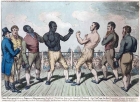
Waterloo's prizefight factor
ArticleClick to view -

We will remember them: well, most of them
ArticleClick to view -
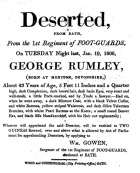
Wellington's Soldiers in the Napoleonic Wars
ArticleClick to view -
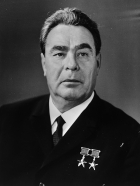
What did ‘Mature Socialism’ mean for the Soviet Union?
ArticleClick to view -

What is interesting about the world wars?
ArticleClick to view -

What is interesting about the Cold War?
ArticleClick to view -

What is interesting about the interwar period?
ArticleClick to view -

When was the post-war?
ArticleClick to view -
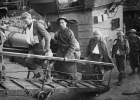
Why was it so important to see Dunkirk as a triumph rather than a disaster in 1940?
ArticleClick to view -

Women and the French Revolution: the start of the modern feminist movement
ArticleClick to view -
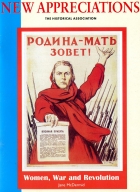
Women, War and Revolution
ArticleClick to view -

‘Our March’: art and culture in the Russian Revolution
ArticleClick to view

